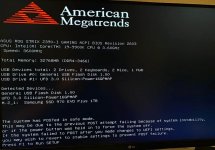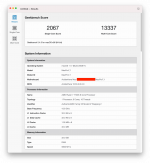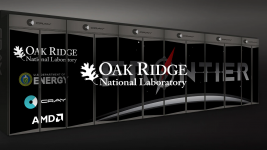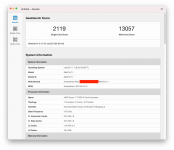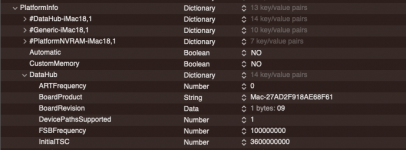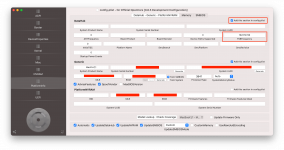Good point about fixing everything on Big Sur.Will work on RtcMemoryFixup momentarily.
Audio garbling/static frequency depends on the source, roughly as follows:
Will work on Monterey soon. I'm trying to stabilize Big Sur as much as possible before proceeding. This allows me to better keep track of variables.
- Playing video from YouTube -- garble/static about 5-7 seconds apart
- Streaming music from Apple Music (subscription) -- virtually continuous
- Playing music through external USB DAC and Amp -- virtually continuous
- I have a separate DAC with its own ESS Sabre chip connected to a separate headphone amp; both are powered by an external linear power supply; DAC is connected to computer via USB port
Does "virtually continuous" mean it works fine?

What about YouTube with an USB DAC?



